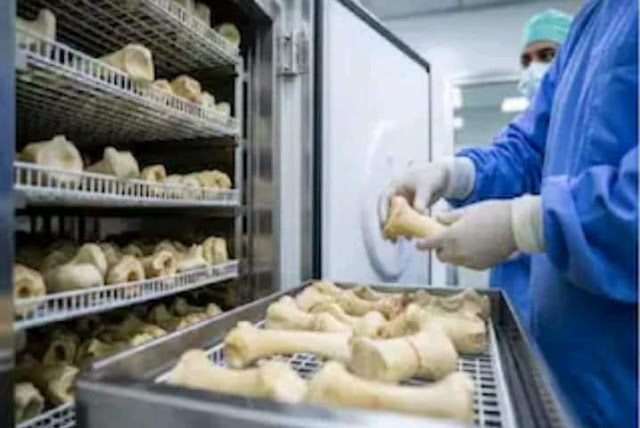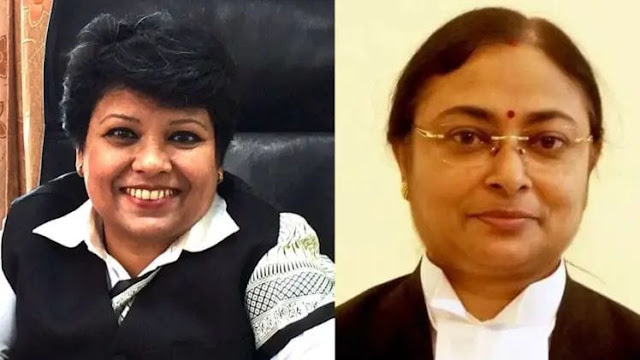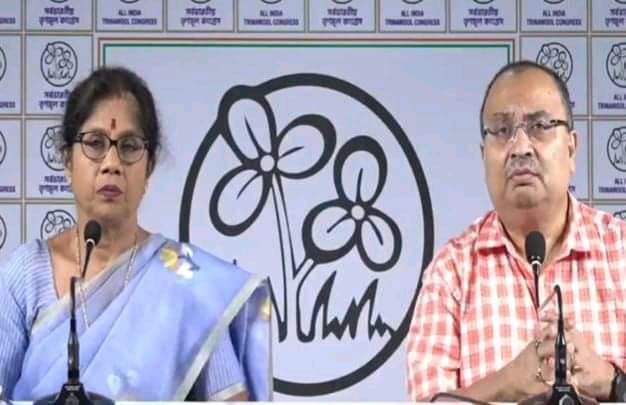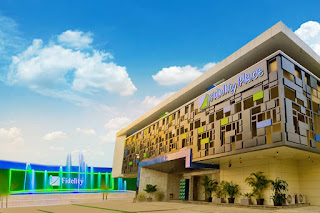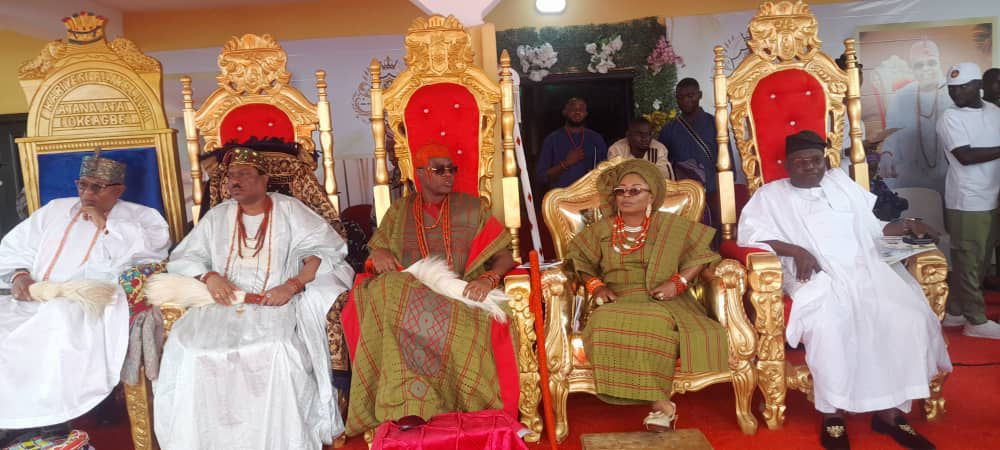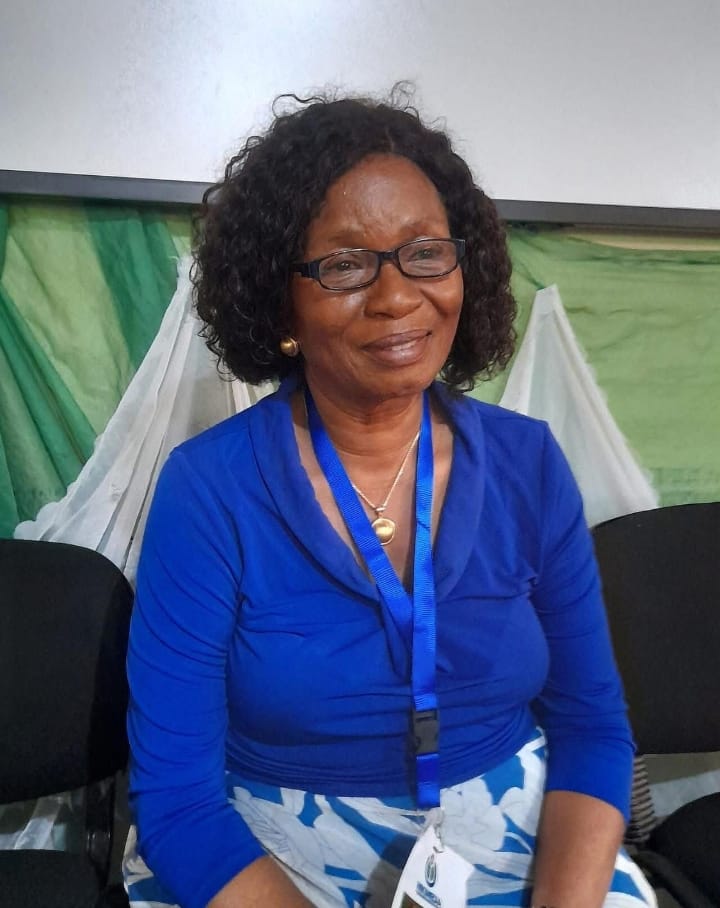Baby Chakraborty, KalimNews | Kolkata | August 23, 2025 : In a historic leap for medical infrastructure in Eastern India, Kolkata’s Shambhunath Pandit Hospital is all set to establish the region’s first government-run bone bank—a significant advancement that promises to transform trauma care, orthopedic surgery, and medical rehabilitation across the state and beyond. The West Bengal Health Department has granted in-principle approval for this pioneering initiative, which will operate as an annex of the IPGME&R SSKM Hospital, specifically under the administrative scope of its Bapi Ji annex.
This landmark decision is viewed as a major milestone not just for Kolkata, but for all of Eastern and Northeastern India. Once operational, the bone bank will serve as a life-saving facility for thousands of patients suffering from bone-related complications, especially in cases of trauma, cancer, severe infections, or medical amputations. The facility will enable the transplantation of preserved bones, offering critical medical support in situations where natural bone regeneration is not possible or the patient’s own bone cannot be used for grafting.
Medical experts underscore the urgency and importance of such a facility, particularly in a populous region where accidents and non-communicable diseases continue to rise. Whether it’s a road accident resulting in multiple fractures or cancer requiring surgical bone removal, stored bones from the bank can be used to accelerate recovery, reduce complications, and significantly enhance the success of surgical interventions.
According to the proposal submitted by the director of Shambhunath Pandit Hospital, the bone bank will be developed using the hospital’s existing infrastructure, skilled orthopedic team, and current medical staff. This strategic use of resources ensures that the project will be implemented without exerting undue pressure on the state health budget, while still delivering world-class orthopedic care to the public sector.
The planned facility will perform two primary functions:
-
Trauma Bone Replacement – Offering quick transplantation of bones in cases of fractures due to accidents or injury, enhancing recovery time and reducing the risk of long-term disability.
-
Medical Rehabilitation – Enabling bone grafts for patients whose bones were removed due to cancer or severe infections, thus improving their quality of life and medical prognosis.
Notably, the bone bank will also help reduce the dependency on private institutions or medical travel to other states or countries, offering advanced care locally at significantly reduced costs. In previous years, many patients had no option but to seek bone grafts from private or out-of-state facilities, causing delays and financial burdens. With the establishment of this facility, Kolkata will become a hub of advanced orthopedic care for the entire region.
Orthopedic surgeons and trauma care experts across the city have welcomed the move, stating that access to a bone bank will revolutionize emergency response and post-operative recovery. In situations where harvesting bone from a patient’s own body is not possible—either due to poor health or multiple injuries—a bone bank can offer a life-saving alternative, potentially bridging the gap between injury and recovery.
The government notice specifies that the bone bank will be set up at Annex 2 of Shambhunath Pandit Hospital, under the direct operational control of the IPGME&R SSKM Hospital, marking the first such facility in any government hospital in Eastern India. The process involves the scientific collection, processing, and preservation of bones, primarily from consented organ donors, especially in cases of brain death, where the family has agreed to donate the deceased’s organs and tissues for medical use.
Once collected, the bones will be stored under controlled, sterile conditions and can be used in treating a range of conditions—from osteomyelitis and osteoarthritis to complex orthopedic surgeries. This technology is already a global standard in many developed countries, and its arrival in the government healthcare system of West Bengal is seen as a game-changing moment for public health delivery.
The project also holds promising potential in the field of medical research and innovation. Experts believe that the availability of preserved bone tissue will contribute to the development of new surgical methods, the improvement of existing treatment protocols, and further collaboration between research institutions and trauma care units.
In conclusion, the launch of Eastern India’s first government-operated bone bank at Shambhunath Pandit Hospital is a monumental step forward in public healthcare, offering renewed hope to patients and positioning Kolkata as a future-ready city in orthopedic and trauma medicine. As implementation begins, the state health authorities remain committed to ensuring timely execution, ethical compliance, and the highest standards of medical care for all beneficiaries.


